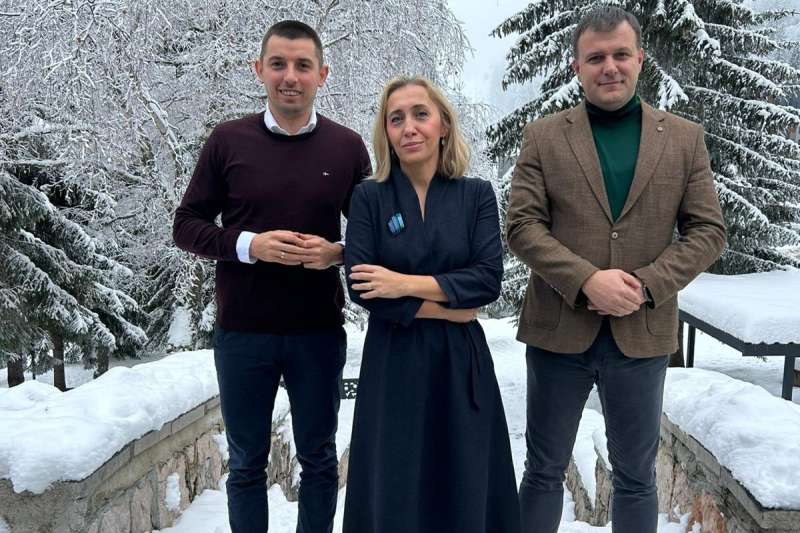JAHORINA, April 4 (FENA) - Editorial decisions and clear distancing from hate speech are important for the prevention and responsible approach to hate speech in the content of electronic media, especially in live broadcasts. Although it is not always possible to impose sanctions on people spreading hate speech, such a speech should always be subjected to public condemnation, stated the participants of the inter-professional seminar on hate speech in electronic media that is being held in Jahorina.
Participants of the event - representatives of the judiciary, the Communications Regulatory Agency (CRA), lawyers, editors and journalists - pointed out that the processing of cases of hate speech in judicial institutions represents crucial application of the standards of the European Court of Human Rights.
Maria Donde, an international expert and representative of the electronic media regulator from Great Britain (Ofcom), spoke about the practice of preventing and sanctioning hate speech in electronic media in this country.
“Ofcom receives up to 30,000 complaints on reporting and broadcasting each year. We do the monitoring only when we conclude there is an objective need for it,” said Donde.
Participants also pointed out that editors' decision is crucial in the situations of direct involvement of viewers in the program, when one cannot predict what will be said in live broadcast.
“Not every case of hate speech should go before courts, but each case of hate speech should be subjected to public scrutiny and condemnation,” said a lawyer and media expert Mehmed Halilovič.
Publication titled "Media Regulatory Agencies and Hate Speech" was presented in Jahorina today, created on the basis of exchange of experience of regulators of the countries of the region (Albania, BiH, Croatia, Kosovo, Montenegro, Macedonia and Serbia).
The publication also contains data on significant cases that regulators dealt with in the region and the role of national regulatory agencies in this regard, as well as recommendations for regulatory action.
A two-day seminar, which began yesterday, was organized by the Association of BH Journalists, the Communications Regulatory Agency and the Council of Europe within the Council of Europe's JUFREX Project - Strengthening judicial expertise in the field of freedom of speech in the media of Southeast Europe, and was financially supported by the European Union.
(FENA) S. R.










